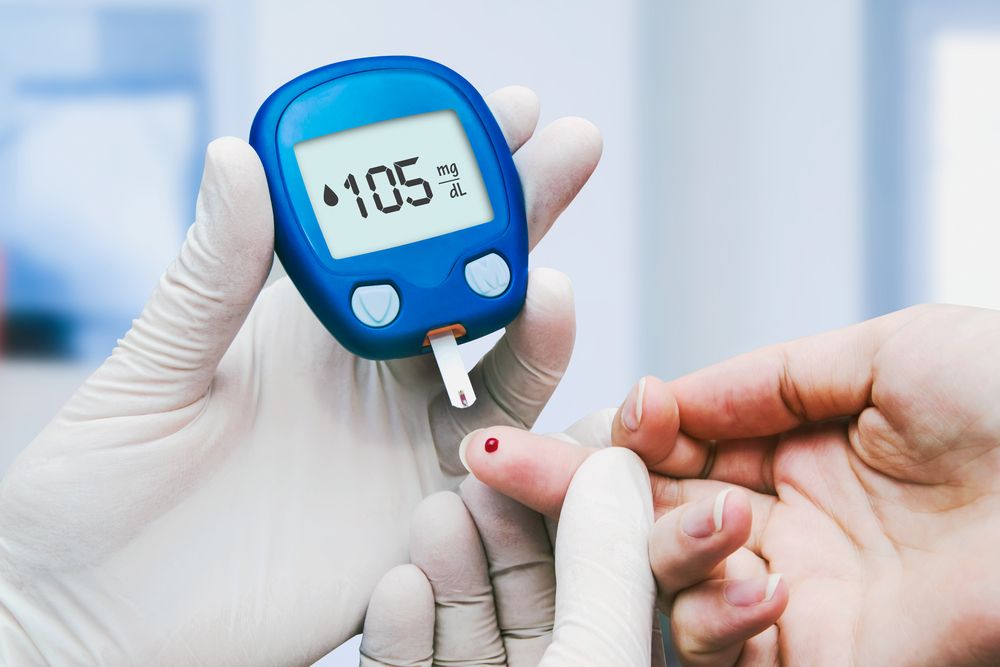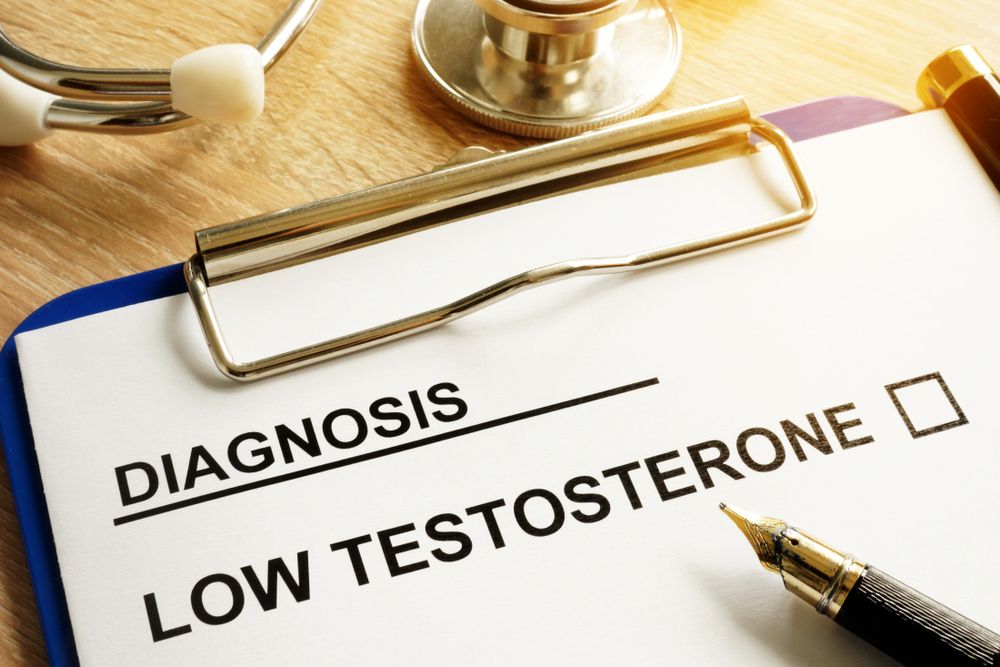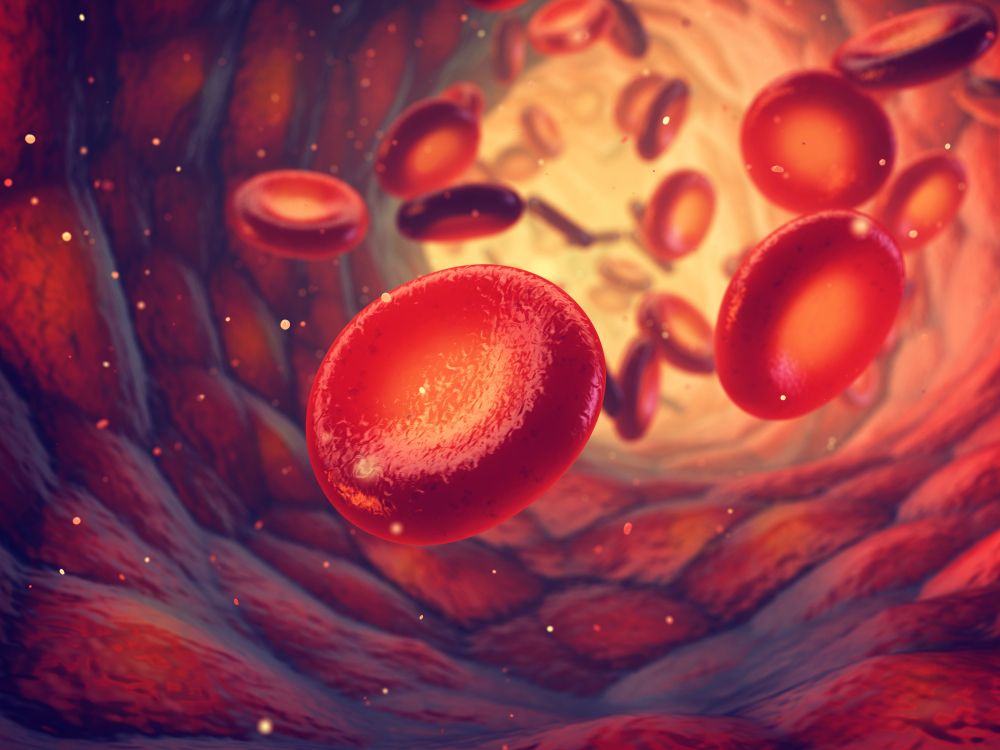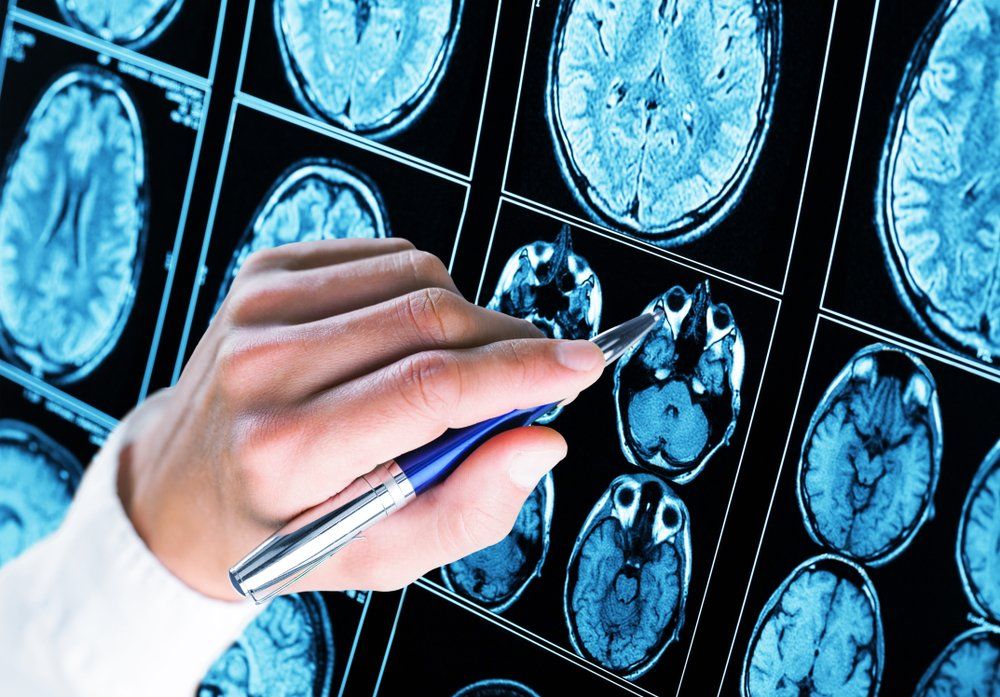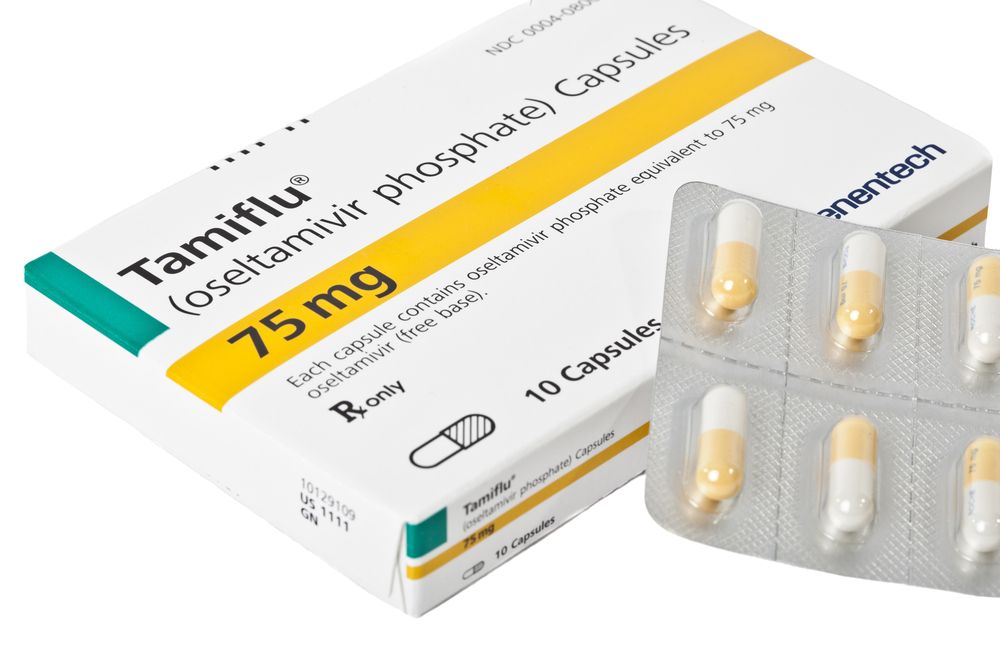Heart disease, or cardiovascular disease, is the leading cause of death in the U.S. and worldwide.
Heart disease can take many forms. The term applies to any condition that affects the cardiovascular system. (Learn More — Heart Disease in the U.S.)
Coronary heart disease is the most common form of heart disease. It involves plaque buildup that causes a narrowing of the arteries that play a crucial role in the supply and delivery of oxygen-rich blood to and from the heart. The plaque that builds up is made up, in part, of fat and cholesterol. Symptoms of coronary heart disease include indigestion, weakness, and sweating. (Learn More – Coronary Heart Disease)
Heart failure is a chronic and progressive problem that causes fluid to build up around the heart, making it impossible for the heart to pump efficiently. Symptoms of heart failure include shortness of breath and fatigue. (Learn More – Heart Failure)
Several factors can put an individual at a much higher risk of developing heart disease. These factors include high blood pressure, diabetes, depression, and obesity. Habits like smoking, excessive drinking, eating an unhealthy diet, and not exercising enough can also increase the risk. (Learn More – Risk Factors for Heart Disease)
Activities and lifestyle changes that help to reduce heart disease include eating a healthy diet, limiting stress, and exercising regularly. (Learn More – Preventing Heart Disease)
There are many medications on the market today that can help to treat and prevent heart disease. Some, like angiotensin-converting enzyme (ACE) inhibitors, work to lower blood pressure and ease blood flow. Others include anticoagulants and antiplatelet agents, which prevent dangerous blood clots, and beta blockers, which treat a wide range of conditions by affecting the chemicals that cause reactions in the heart.
Other medications include calcium channel blockers, cholesterol-lowering drugs, digitalis drugs, and nitrates. (Learn More — Common Medications for Treating Heart Disease)
Heart Disease in the U.S.
When many people hear the term heart disease, they may think only of a heart attack. However, there are different forms of this common condition and different causes for a heart attack. Heart disease, or cardiovascular disease, can refer to any condition that affects the heart. This can include genetic conditions, problems that affect any area of the heart, infections, and more.
Also commonly misunderstood is how widespread heart disease is in the country and across the globe: In fact, it’s considered the No. 1 health risk in the world. Heart disease is responsible for the most deaths worldwide for all races and genders.
More than 800,000 people in the U.S. die every year from cardiovascular disease. This means 1 out of 3 deaths is related to heart disease. Approximately 160,000 of these deaths occur in people under age 65 each year.
Coronary Heart Disease
The most common form of heart disease is coronary heart disease (CHD), accounting for over 370,000 deaths annually. When the arteries that supply blood and oxygen to the heart harden or narrow from plaque buildup, it results in CHD.
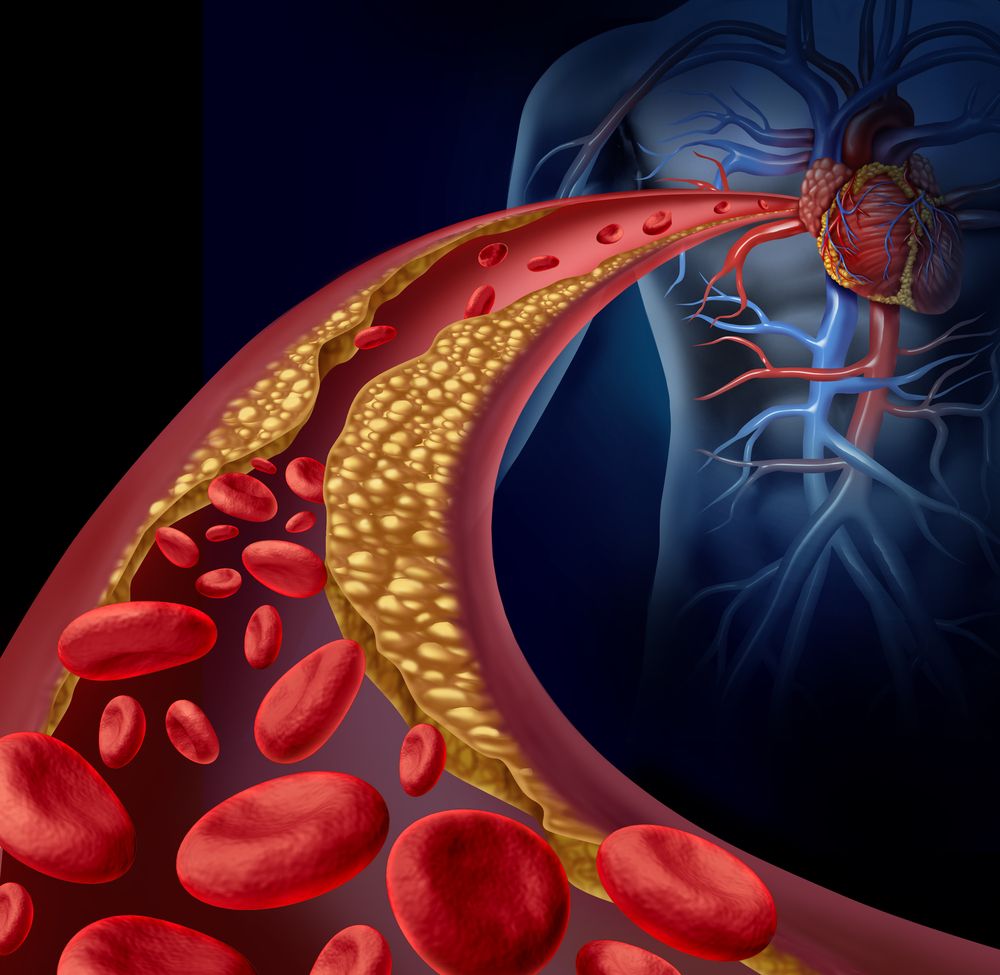
When the arteries narrow, the heart may not receive enough of the oxygen-supplying blood it needs, especially while performing physical movement or activity. This buildup of plaque – which is comprised of fat, cholesterol, and other substances in the blood – is called atherosclerosis. The location of the plaque buildup determines whether the coronary disease is:
- Coronary artery disease, where plaque builds up in arteries that supply blood to the heart
- Peripheral artery disease, where plaque builds up in arteries that supply blood to the limbs
- Carotid artery disease, where plaque builds up in arteries that supply blood to the brain
CHD can result in angina, a type of chest pain linked to heart disease. Symptoms of angina include a squeezing, burning, tightening, or aching feeling across the chest. A feeling of pressure or heaviness in this area may also occur.
These are other symptoms of coronary heart disease:
- Heartburn
- Indigestion
- Weakness or cramping
- Feelings of nausea
- Sweating
- Shortness of breath or difficulty breathing
Heart Failure
Heart failure, or congestive heart failure (CHF), is a progressive and chronic condition. Heart failure affects the pumping of your heart muscles. CHF refers specifically to the stage of the condition in which fluid builds up around the heart, making it unable to perform efficiently. The heart muscle is weakened and has to work harder than it should.
With congestive heart failure, the heart’s ventricles will eventually be unable to pump enough blood volume to the body. Fluid and blood can back up in the lungs, abdomen, liver, and lower body.
Heart failure can occur after an injury or a heart attack. It can also be the result of uncontrolled high blood pressure or a heart valve this is working improperly.
Symptoms of heart failure may include:
- Shortness of breath
- Swelling in the legs, ankles, or feet
- Fatigue and muscle weakness
- Difficulty breathing in a reclined position or while lying down
Risk Factors for Heart Disease
Adults who have even one risk factor for heart disease are about twice as likely to get heart disease. Common risk factors include:
- High blood pressure (hypertension). This is one of the most recognizable risk factors in heart disease. High blood pressure affects nearly 50% of adults in the U.S.
- High cholesterol. Cholesterol is a major component in the plaque that builds up in coronary heart disease. Individuals with high cholesterol are twice as likely to develop heart disease when compared to those without high cholesterol.
- Diabetes. Most adults with diabetes have Type 2 diabetes. People with this type of diabetes are at least twice as likely to die from heart disease as those without diabetes. Almost 7 in 10 adults over age 65 with diabetes will die from some type of heart disease.
- Depression. Research has shown a link between heart disease and depression, with depression occurring in those with heart problems, and depression acting as a risk factor for heart problems.
- Obesity. Being overweight or obese may trigger inflammatory processes that can damage an individual’s cardiovascular system. Obesity also increases the risk of developing other conditions that can cause heart problems, such as high blood pressure and diabetes.
- Family history of heart disease. Individuals who have a family history of heart disease may be at a higher risk of developing the condition, especially when other risk factors are involved.
Certain habits and activities can also increase the risk of developing heart disease, such as:
- Smoking
- Eating an unbalanced diet high in cholesterol, sodium, processed foods, and/or sugar
- Not getting enough physical exercise
- Excessive alcohol use
- A high-stress lifestyle
Heart Disease Prevention
While genetics and certain risk factors may be beyond your control, there are steps you can take to prevent heart disease.
- Limit alcohol consumption. According to the Centers for Disease Control and Prevention (CDC), men who’d like to prevent heart disease should limit themselves to two drinks per day, while women should limit themselves to one. One drink is a 12-ounce beer, 4 ounces of wine, or one 1.5-ounce shot of liquor.
- Get regular exercise. The CDC recommends at least 2.5 hours of moderate exercise a week.
- Eat a healthy diet. Aim for one that is high in fruits, vegetables, whole grains, and omega-3 fatty acids, and low in sugar, sodium, and cholesterol. Trans fats should be avoided, and saturated fats should be limited as well.
- Limit stress. Spending time with loved ones, avoiding high-stress situations, and making an effort to participate in enjoyable activities can help to lower stress. Learning better stress management coping skills, through counseling or techniques like yoga or medication, can also be beneficial.
- Quit smoking. Individuals can lower their risk of developing heart disease by quitting smoking, especially if they replace the smoking habit with healthier activities like walking or moderate exercise.
Common Medications to Treat Heart Disease
Today, many different medications are available for the treatment and prevention of heart disease. Individuals should always talk with their doctors about their symptoms, risk factors, and concerns to determine which medication will be the safest and most effective treatment option.

Common heart disease-related medications include:
- Angiotensin-converting enzyme (ACE) inhibitors. These drugs help to inhibit angiotensin, a hormone that triggers blood vessels to constrict or get smaller, causing higher blood pressure. By inhibiting this hormone, these medications lower blood pressure.
ACE inhibitors are commonly prescribed to those who suffer from hypertension or heart failure. They may also be prescribed to those who have had a heart attack to prevent another one. Common ACE inhibitors include benazepril (Lotensin) and ramipril (Altace). - Angiotensin II receptor blockers (ARBs). Like ACE inhibitors, ARBs limit the effect of angiotensin. They are prescribed for the same conditions as ACE inhibitors. Common ARBs include losartan (Cozaar) and valsartan (Diovan).
- Anticoagulants. The plaque buildup responsible for coronary heart disease can also result in another problem: blood clots. These blood clots can be dangerous and lead to a heart attack, stroke, or pulmonary embolism. Anticoagulants, while unable to break up existing blood clots, prevent new ones from forming. Common anticoagulants include heparin and enoxaparin (Lovenox).
- Antiplatelet agents. These agents also prevent blood clots, but they do so by preventing the body from forming a substance that results in the clotting of blood. Antiplatelet agents, such as clopidogrel (Plavix) or aspirin, are most commonly prescribed to those who have already suffered a heart attack or those with abnormal heart rhythms.
- Beta blockers. These include a wide range of medications that block the actions of certain chemicals that affect the heart, such as hormones or adrenaline. They may be prescribed to prevent first-time or repeat heart attacks, or to treat a wide variety of heart conditions, including high blood pressure, heart failure, or chest pain.
Commonly prescribed beta blockers include labetalol (Trandate) and metoprolol (Lopressor). - Calcium channel blockers. These drugs regulate the amount of calcium that enters the muscle cells in the heart and blood vessels. Because calcium plays a large role in muscle movement, regulating calcium helps blood vessels relax and the heart beat less forcefully.
Calcium channel blockers like nifedipine (Procardia) and amlodipine (Norvasc) are commonly prescribed for high blood pressure, chest pain, and heart arrhythmia. - Cholesterol-lowering medications. By lowering “bad” cholesterol and raising “good” cholesterol, cholesterol-lowering medications, like atorvastatin (Lipitor) and ezetimibe (Zetia), reduce the risk of plaque buildup that can result in coronary heart disease.
- Digitalis medication. Digoxin (Lanoxin) increases the amount of calcium in the heart, causing it to pump harder. For this reason, it’s most often prescribed for heart failure.
- Nitrates. These drugs widen blood vessels to allow for more blood flow. Nitrates, including nitroglycerin (Nitrostat) and isosorbide mononitrate (Monoket) are prescribed for chest pain and heart failure.
References
Heart Disease: Facts, Statistics, and You. (March 2017). Healthline.
Costs and Consequences. Million Hearts, Centers for Disease Control and Prevention (CDC).
Types of Cardiovascular Disease. (December 2012). The New York State Department of Health.
Everything You Need to Know About Angina. (December 2017). Medical News Today.
What to Know About Coronary Heart Disease. (July 2019). Medical News Today.
Congestive Heart Failure. (August 2018). Healthline.
Everything You Need to Know About High Blood Pressure. February 2018. Healthline.
Diabetes, Heart Disease, and You. (November 2016). Centers for Disease Control and Prevention (CDC).
Understanding the Link Between Depression and Heart Disease. (January 2016). University of Iowa.
Family History and Other Characteristics That Increase Risk for Heart Disease. (July 2019). Centers for Disease Control and Prevention (CDC).
Preventing Heart Disease: Healthy Living Habits. (August 2015). Centers for Disease Control and Prevention (CDC).
Drugs to Treat Heart Disease. (January 2017). Healthline.



